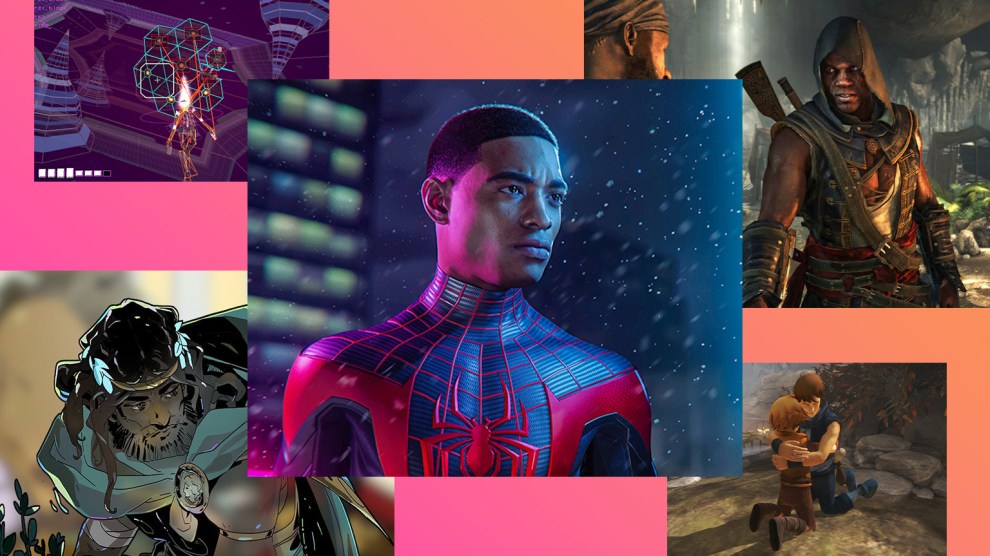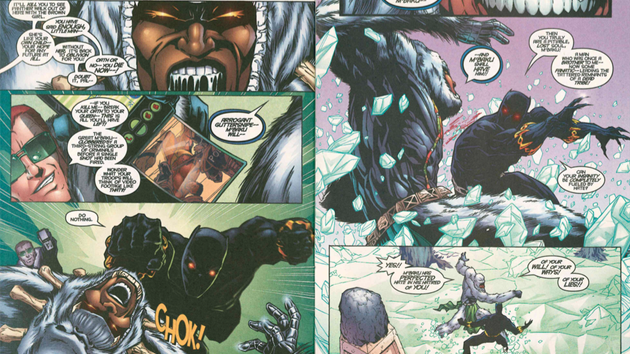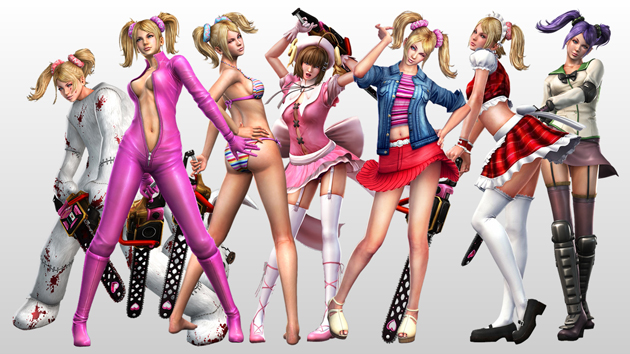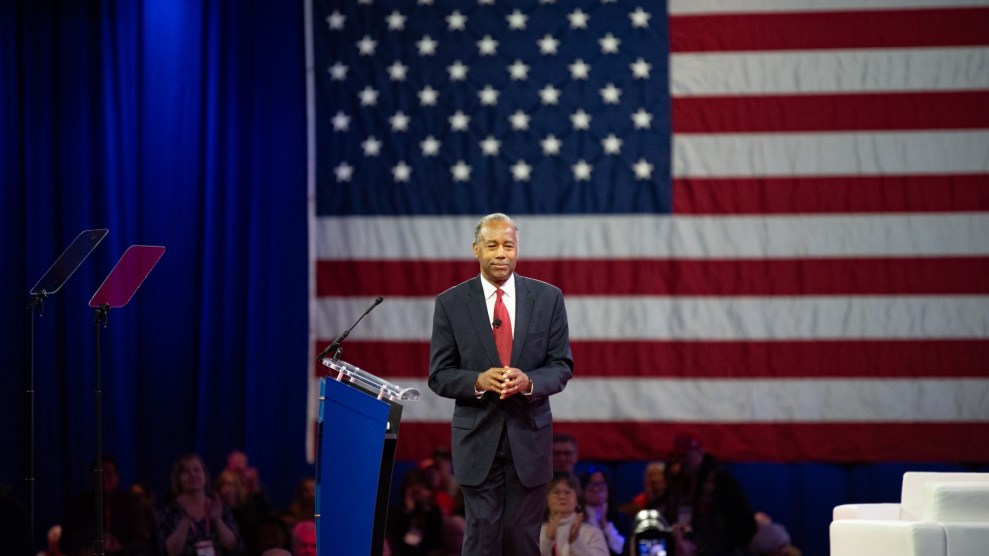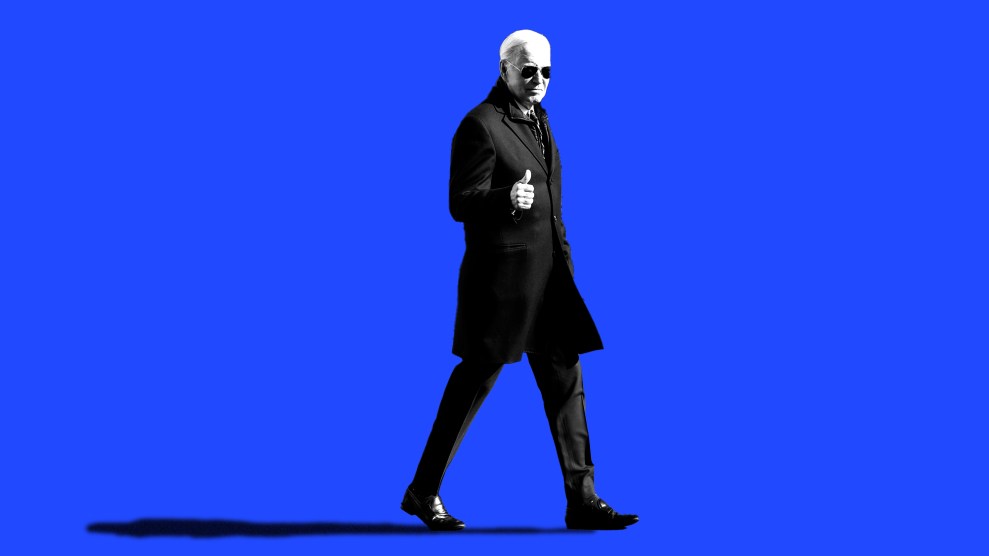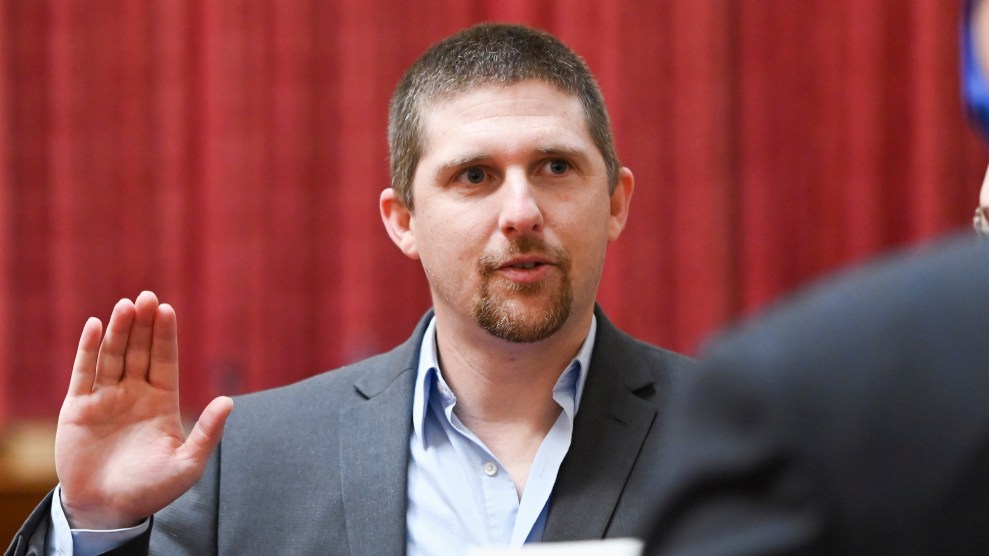They might not know his name, but millions of video gamers have encountered narrative designer Evan Narcisse’s handiwork in Marvel’s Spider-Man: Miles Morales, which showcases more Black and Brown characters in its first few minutes than most popular games do in their entirety. The action-packed 2020 release opens on a Harlem street scene where our biracial Gen-Z hero (Miles is half Black, half Puerto Rican) makes the rounds before donning his Spidey suit and heading out with Peter Parker to protect locals against the evil Roxxon Corporation and its minions. “I definitely brought my own lived experience and philosophical energy to that game, where they’re fighting corporate encroachment,” Narcisse told me.
But his coup de grâce was the emotional ending: Amid apocalyptic rubble, an exhausted, near-dead Miles has lost his mask, revealing his identity—his Blackness—to some grateful residents who then band together to shield him from the view of a prying TV news crew. “Who is he?” the reporter asks a muralist Miles knows from around. “That guy?” the muralist says, pausing a long beat. “He’s our Spider-Man.”
The line is classic Narcisse, whose writings have always struck me as bold, Black, and sincere—with personal touches that resonate because, as a fellow Haitian American nerd who revels in his roots, I see myself in them. “Every morning, I run a pick through my hair. It’s important that I do this when it’s still spongy and damp from the shower,” he wrote in a 2015 essay for the gaming blog Kotaku. “After the picking out, patting down, and shaping are done, I always think to myself, ‘Goddamn, I love being black.’”
That sensibility is sorely lacking in the video game world. Narrative designers like Narcisse are to game developers what script doctors are to Hollywood production companies, idea surgeons who shape the dramatic events, story arcs, and obstacles a character encounters. They assess scripts for plot issues, inconsistencies, and missing elements, and work closely with their teams to fix oversights related to a character’s circumstances and identity. Yet within this massive global industry, despite its incredibly diverse customer base, these storytellers and developers—the people most responsible for the settings, plots, and character details of mainstream titles—remain predominantly white and male.
Narcisse, now 51, lives to remedy that. He got his start as a culture journalist and video game blogger, like me, and has since blossomed into a comics writer, penning multiple books for DC and Marvel—including a Black Panther collab with Ta-Nehisi Coates. Game studios hire him as a story consultant on big releases like Marvel’s Avengers and the Spider-Man franchise. He’s even co-authored his own game, the indie title Dot’s Home, which manages to unpack discriminatory housing policy while keeping players riveted. Narcisse most recently signed on as a senior writer with Brass Lion Entertainment, a studio tackling the demographic shortfall head-on by “creating original fictional universes that center on Black, Brown, and other traditionally marginalized characters, cultures, and stories.” His writing projects include an action RPG (role-playing game) he can’t talk about yet and a fictional narrative podcast called Corner Wolves, set in Harlem in the mid-1990s, the peak of the crack epidemic.
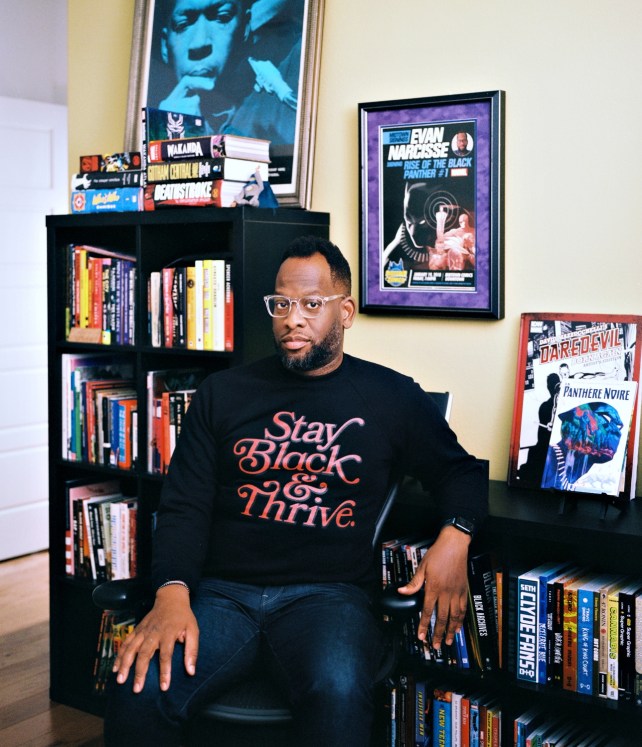
T’Challa “was a stranger in a strange land, and I sometimes felt like that, too,” wrote Narcisse, shown here at home.
Mary Kang
The time and place should be familiar enough. Narcisse was raised in Brooklyn, where his Haitian immigrant parents landed before he was born. One of his earliest memories is lying on the floor of the family’s modest flat with his gangly twin brother and kid sister, pressing their small feet against the wall and pretending to be Spider-Man. His parents split up when he was around 10 and the kids stayed with their mom, who parented solo. Narcisse studied political science at New York University, tacking on journalism as a double major after taking, “just for some credits,” a course called “Minorities in the Media,” whose professor would become one of his first mentors. “He’s like, ‘Yeah, you really can write. You have a talent,’” Narcisse recalls.
Another big influence: his personal hero Dwayne McDuffie, the late Milestone Media co-founder and comic writer, whom Narcisse interviewed for the Atlantic in 2010. “I’m conscious of race whenever I’m writing,” McDuffie told him. “I don’t think I can do a good job if I’m not paying attention to what’s meaningful to people. And in American culture, there isn’t anything that informs human interaction more than the idea of race.”
America’s nearly $200 billion gaming industry must have missed that memo. I first met Narcisse in 2021 while reporting on the scarcity of meaningful Black characters in the games I was playing and covering. No surprise: In a survey by the International Game Developers Association that year, only 4 percent of the respondents identified as Black. That was double the number from a similar IGDA survey done 16 years earlier, but it still indicated glacial progress, especially given that, in a 2018 Nielsen poll, 73 percent of African Americans ages 13 and older identified as gamers, while only 66 percent of all 13-and-up respondents did. And yet.
Narcisse and I bonded over the frustrations of navigating digital spaces that don’t recognize or respect you, companies that won’t hire you, and editors who discourage writers from exploring America’s profound history of racism. Tracing that racism through video game history would be easy enough. One need only look to the online “lobbies” in 2009’s Call of Duty: Modern Warfare 2—pregame spaces where players threw the n-word at you, no matter your ethnicity. Or to all the player usernames containing some variation of it. And then there’s the ongoing exclusion of Black characters from mainstream titles. Fantasy and sci-fi gamers and developers in particular have resisted calls for change, sometimes citing “historical accuracy” as an excuse to maintain their overwhelmingly white worlds.
On a recent Zoom—me in Morrisville, North Carolina, Narcisse in Austin, Texas—I watch as his black horn-rimmed glasses materialize on my screen. His modest beard is slightly unkempt as always, his signature button-down shirt cleanly pressed. A Gordon Parks photo of Stokely Carmichael clad in a black sweater with the Black Panther Party logo and the words “freedom” and “justice” hangs on one wall. Against another, atop a crowded bookcase, leans a blue, framed poster of young John Coltrane.
We commiserate a while, and then Narcisse rattles off some of his favorite Black Panther moments and our conversation segues into a deeper talk about the conceptual frameworks of race in America. “Looking back at my career as a media professional and seeing the way that Haiti gets talked about [in the media], and the deep gulf between that and my own experience as a child of immigrants, they sure seem set on understanding us only in one way,” he says. “I’m sorry your people are so poor! Things are so rough there! Why is that the dominant idea?” he adds. “What it means to be Haitian versus what you and I know growing up inside that culture and history: pride, perseverance, creativity—we’re always fighting uphill.”
Indeed. Our motherland was the world’s first free Black republic, repelling Napoleon’s armies in a long, bloody war and declaring independence in 1804. Haiti stood as a defiant rejoinder to the idea that Black people were inferior. So did Wakanda. “I didn’t believe myself to be inherently noble or a scientific genius like T’Challa,” Narcisse wrote in a 2018 essay for the gaming site Polygon, “but he was a stranger in a strange land, and I sometimes felt like that, too. I suffered through all kinds of stereotype-centric jokes as a kid because I was black, and they doubled in vigor when peers found out my mother was Haitian. When you’re the butt of a joke, your true self feels like a rumor no one wants to believe.”
His work with Coates on the Rise of the Black Panther series required fleshing out Wakanda and its king into something greater than what the Jewish comic-book icons Stan Lee and Jack Kirby envisioned when they created the character back in the 1960s. In his Polygon piece, Narcisse recalled how he felt upon discovering those original comics. Lee and Kirby’s “well-meaning efforts were clunky and embarrassing,” he wrote, “but they were gesturing in the right direction. That was enough for me.”
Yes, making the fictional African nation of Wakanda the world’s most scientifically advanced culture flipped the stereotype of Black poverty on its head. But Kirby and Lee’s version also relied on tropes and outdated notions of Black excellence: Kirby’s initial hero character was called Coal Tiger, and Lee had suggested putting Wakanda underground to thwart discovery—a hamfisted reference to slavery. Both ideas were nixed, thankfully. Instead, Wakanda isolated itself with futuristic technology, which afforded protection but cut it off from potential allies. This tension weighs heavily on T’Challa in the reimagining by Narcisse and Coates, who brought to the table a deeper exploration of the hero’s inner life and family relationships, and what it means to wield such power.
It was Coates’ book editor at Penguin Random House who pointed him toward Narcisse. “I feel like we had always been circling each other,” Coates told me. On the Panther collab, Narcisse was “just critical,” he says. Truth be told, “it was 99 percent Evan.” Their first issue hit the stands in January 2018, just a few weeks before Marvel Studios released director Ryan Coogler’s blockbuster movie. Each was its own thing. Marvel’s comics and film divisions are “very independent,” Narcisse explains. “The fact that Rise and Black Panther both featured Killmonger [played in the movie by Michael B. Jordan] on similar arcs was a happy coincidence, which speaks to a Black diasporic longing in my opinion.” In any case, practically overnight, an entire nation was talking about Wakanda and its heroes.
And boy, did we need heroes. My interactions with Narcisse have often oscillated between trading career advice and talking about how Black people keep persevering. Late one evening last year, he made me a voice memo—Narcisse is an insomniac and sending these little recordings during the wee hours has become a habit. I found it in my email inbox the next morning. Groggy but curious, I hit play. He’d been thinking about his then-12-year-old daughter, who “is growing up to be such a beautiful, smart, funny, weird, kind human being,” he said, “and I’m thinking how can I grow into the kind of father that she needs? That she deserves? How can I shape the world into something that deserves her, that she can find a place in?”
The same yearning permeates his career. Jason Schreier, a Bloomberg gaming reporter who worked with him at Kotaku, recalls how Narcisse stood his ground during the Gamergate uproar of 2014 and 2015. As women and other underrepresented groups pressed for inclusion in the industry and its products, right-wing gamers launched a backlash, swamping online message boards and chat lobbies with racist and misogynistic sentiments—a yearlong stew of hate that helped give rise to the “alt-right.” Whether fighting trolls in the Kotaku comments section or skillfully disemboweling Twitter idiots, Narcisse wasn’t afraid to jump into the fray. “His writing talent and fortitude in the face of Gamergatey, I’m not racist, but… type of commenters were both impressive,” Schreier says. “I always appreciated his rock-solid composure.”
Neil Jones, the indie developer behind Aerial_Knight’s We Never Yield (think classic Super Mario but more stylized and with a Black hero) and co-lead on Dot’s Home, further credits Narcisse with championing necessary and distinctive stories. “I wish more games that feature Black characters had more than one or two Black people working on them,” Jones told me.
The creators of Dot’s Home teamed up with Rise-Home Stories Project, a group of multimedia storytellers and social justice activists looking to reimagine “our relationship to land, home, and race.” Players guide Dot Hawkins, a young Black woman living in her grandmother’s home in modern Detroit, as she travels through time, navigating pivotal events in her family’s past and present. Prior to the game’s release, few observers could have anticipated how seamlessly housing injustice could be woven into the fabric of a 2D point-and-click narrative.
Dot’s Home earned multiple plaudits—including Game of the Year and Best Narrative in the 2022 Games for Change Awards—and has been adapted into a theatrical production that premiered in Detroit last year. “It’s a really simple game in terms of the mechanics and the architecture, but it stands out because it lets you use a series of interactive systems to talk about this experience of home finding for Black people,” Narcisse told me. “That shit ain’t been done before.”
When shit ain’t been done before, some pushback is inevitable. In our conversations of late, Narcisse and I have touched on how bleak things sometimes feel to us, as the conservative echo chamber attempts to eviscerate overtly Black thought in art, education, film, literature, and (of course) politics. Narcisse had reflected on these feelings in his insomnia-induced voice memo. “I was thinking about a friend of mine who was delivered a pretty significant heartbreak on a big project,” he said, pillows rustling in the background. “And he’s come to realize that the point was to try—I guess to not give up. Not give into cynicism or hopelessness.”
“You know, we can find meaning in the work,” Narcisse added, concluding his recording. “And I guess that’s what I’m trying to do.”

